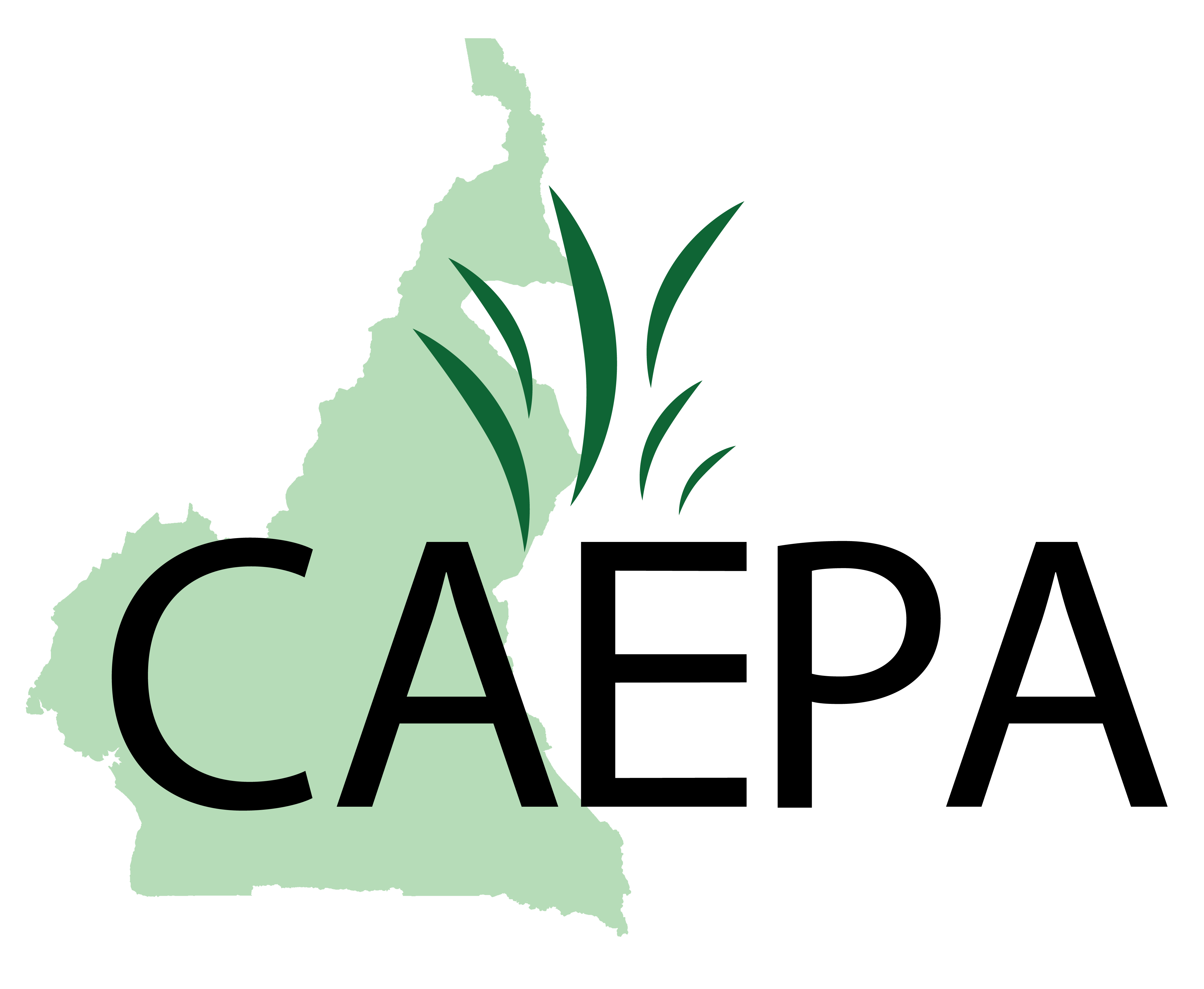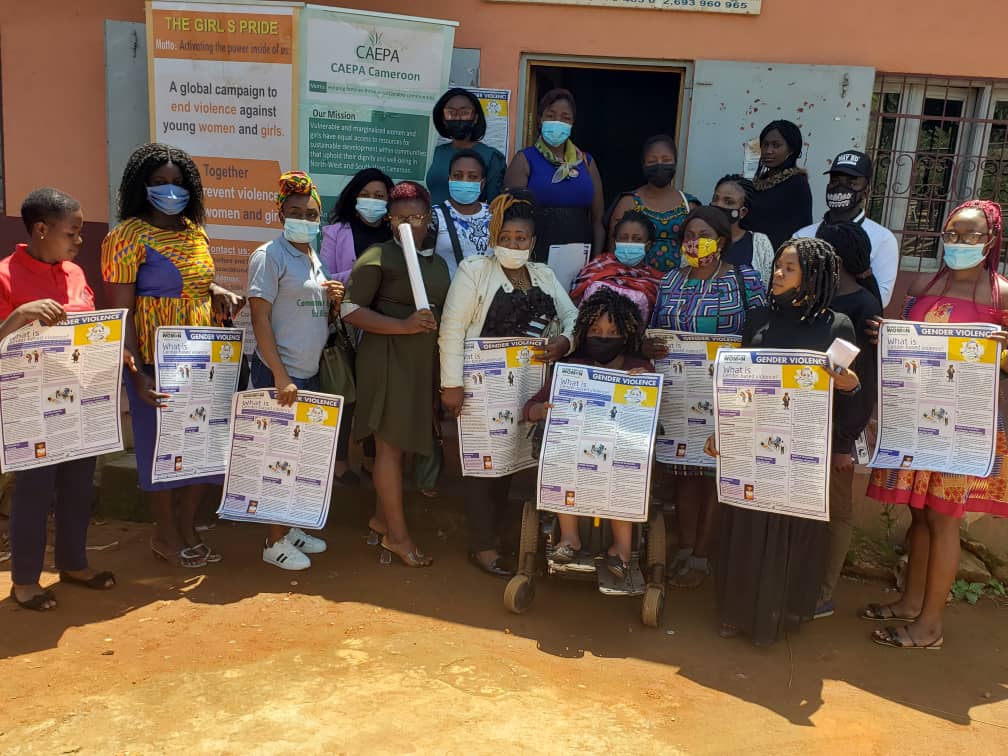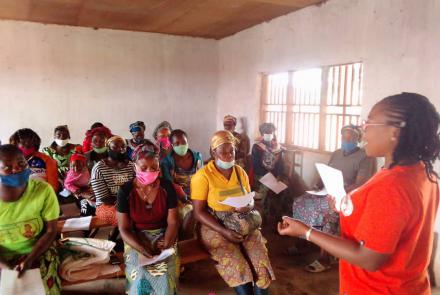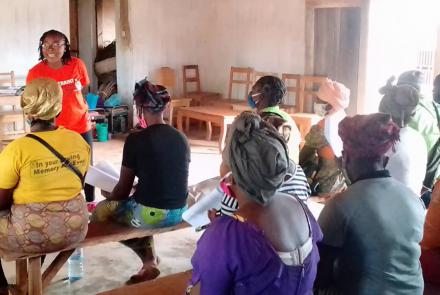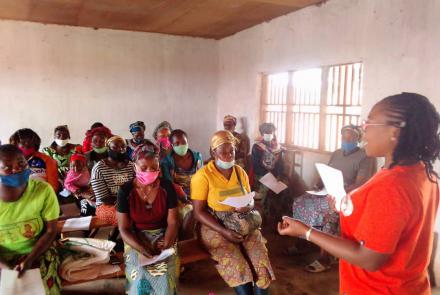Call to Action: Recommendations for eradicating gender-based violence against women in Bamenda City
Context
Gender-based violence (GBV) has long been a fundamental issue for women and girls residing in northwest Cameroon. In 2012, it was estimated that the number of Cameroonian women who had undergone lifetime physical and/or sexual intimate partner violence stood at 51%, a statistic that rose to 56% in 2019 and is estimated to be rising still. Beyond tangible physical damages that prevent women from working in the fields or factories to economically sustain their families, most GBV victims also experience severe psychological problems, posing serious threats to communities where women play indispensable roles in both economic and social development. The COVID-19 pandemic and the Anglophone crisis have increased the prevalence of GBV while de-prioritizing the issue for policy-makers. This situation demands the intervention and active participation of stakeholders from multiple sectors, ranging from governance, health, education, economics, to communications sectors. In coordination with existing civil society organizations (CSOs) and women’s rights organizations, CAEPA seeks to eradicate GBV and instead promote, respect, and protect the basic human rights of women and young girls.
Goals
In partnership with a range of local and international organizations, the Call to Action aims to bring policy-makers attention to the severity and scope of GBV in the communities of North-West Cameroon and to its long-term consequences not only on victims but on the whole of society. Through the collective action of CSOs, women’s rights organizations, and the government the goal is to transform the way GBV is addressed in crises and to foster accountability among policy-makers and community leaders.
Recommendations
In a collective effort to respond promptly to GBV victims’ calls for help and prevent future GBV cases, CAEPA proposes several recommendations for multi-sectoral stakeholders. First, specialized GBV support services should be made accessible and affordable and integrated with COVID-19 preventive measures. For example, support programs for teenage mothers in schools will allow young mothers to continue their education without missing out on the learning experience of a normal teenager, and appropriate resources should be made available that are tailored to the needs of disabled victims. Furthermore, regional communities should aim to eliminate barriers that prevent access to affordable medical services and sex education should be included in the standard school curriculum in order to educate young people about consent, sexual health, and bodily autonomy. Alongside this, government structures handling cases of GBV should be made fair and transparent (especially when it comes to rape cases involving military personnel) and should engage with local community leaders like the chiefs, women leaders, and quarter heads, carrying out measures to reduce GBV across all levels in collaboration with CSOs. Additionally, the government should allocate more resources to CSOs and women’s rights organizations and ensure that all government hospitals, mission hospitals, churches, and quarter leaders have at least two case managers to ensure efficiency in handling GBV cases. This will allow local support services to gain trust from victims and survivors. Finally, census and regional data on GBV cases should be collected on a monthly basis so policy-makers can assess the scope and prevalence of GBV in local communities.
